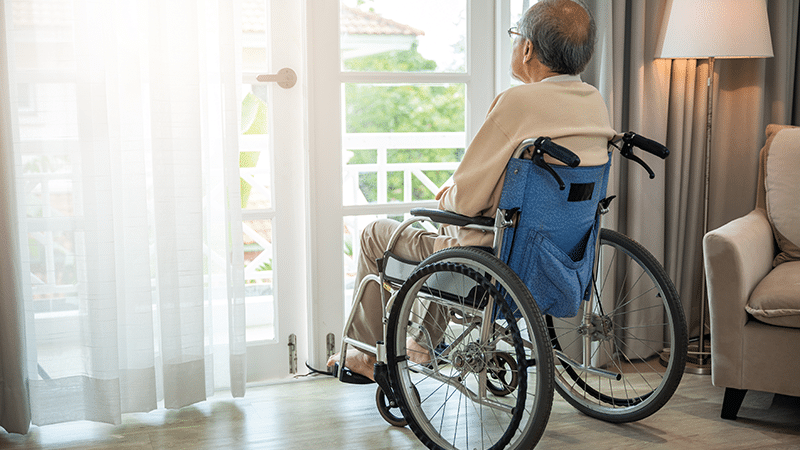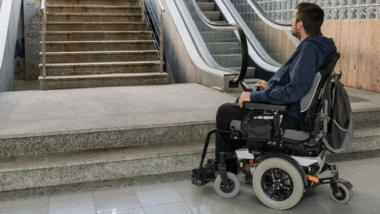Disabled Canadians who are seeking healthcare are being pressured into ending their lives, parliamentarians have been told.
Krista Carr, CEO of the disability organisation Inclusion Canada, told members of the Parliamentary Finance Committee that euthanasia should not be “pushed on people with disabilities who are seeking support to live”.
One in 20 deaths in Canada now occur through its Medical Assistance in Dying (MAID) programme.
‘Not dying’
During committee proceedings, Garnett Genuis MP asked Carr to outline the experience of Inclusion Canada members “interacting with healthcare”.
Carr explained that the MAID Track 2 regime, introduced in 2021, “made people with disabilities the only group eligible for medical assistance in dying when they are not dying”.
Consequently, she added, the interaction of disabled people with the healthcare system had changed “quite dramatically”.
“People with disabilities are now very much afraid, in many circumstances, to show up in the healthcare system with regular health concerns because often MAID is suggested as a solution to what is ‘considered to be intolerable suffering’”.
WOW
“People with disabilities are now very much afraid in many circumstances to show up in the healthcare system with regular concerns. Often MAID is suggested as a solution.
“Since the bill was brought in around Track 2 MAID…that has certainly changed people’s interactions… pic.twitter.com/kjsVk8UbAK
— Garnett Genuis (@GarnettGenuis) October 16, 2025
‘Negative perceptions’
In April, UN Committee on the Rights of Persons with Disabilities (CRPD) urged the Canadian Government to stop euthanising patients “based on negative, ableist perceptions of the quality and value of the life of persons with disabilities”.
The CRPD said the current law considers ‘suffering’ as being “intrinsic to disability rather than the fact that inequality and discrimination cause and compound ‘suffering’ for persons with disabilities”.
The group continued: “The concept of ‘choice’ creates a false dichotomy by setting up the premise that if persons with disabilities are suffering, it is valid for the State Party to enable their death, with safeguards not guaranteeing the provision of support, and ableist assumptions deemphasising the myriad of support options for persons with disabilities”.
According to evidence from the Ontario Office of the Chief Coroner, the CRPD noted that “there is an upward trajectory of persons with disabilities killed”.
Fears
In the UK, Paralympian Tanni Grey-Thompson has consistently warned that Kim Leadbeater’s assisted suicide Bill would devalue the lives of disabled people and coerce them into thinking dying is their ‘best’ option.
Speaking last year, Baroness Grey-Thompson explained that the more she looked into the topic, the more concerned she became, particularly given how quickly safeguards have been eroded in jurisdictions where it has already been legalised.
She shared how people have said to her: “If my life was like yours, I’d end it”. She explained: “I have a massive amount of privilege. If you think that about my life, what do you think of other disabled people as well? So I am really worried.”
Leadbeater’s Terminally Ill Adults (End of Life) Bill would allow patients in England and Wales deemed to be terminally ill and with less than six months to live to receive help to kill themselves. Peers are currently scrutinising the proposals.
Poll: Pressure mounts against assisted suicide in Scotland
JK Rowling: ‘I no longer believe in assisted suicide’
Experts warn House of Lords Committee about assisted suicide dangers


